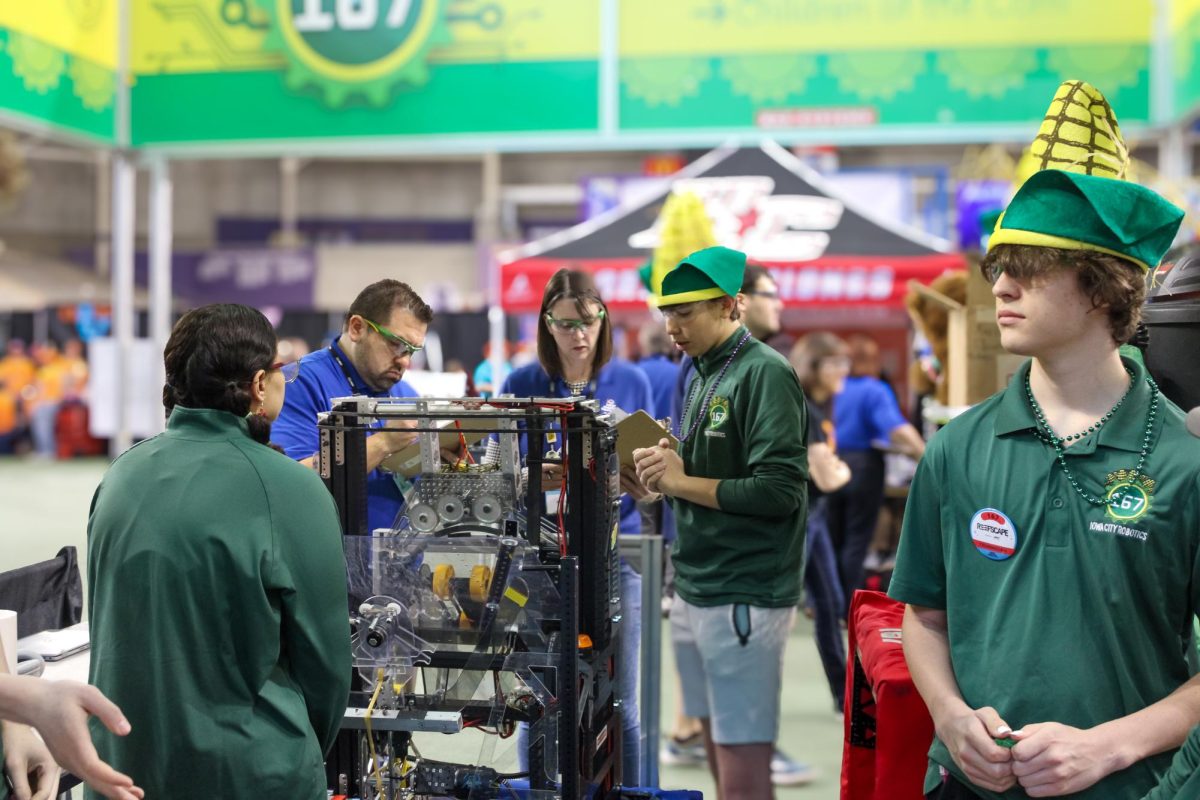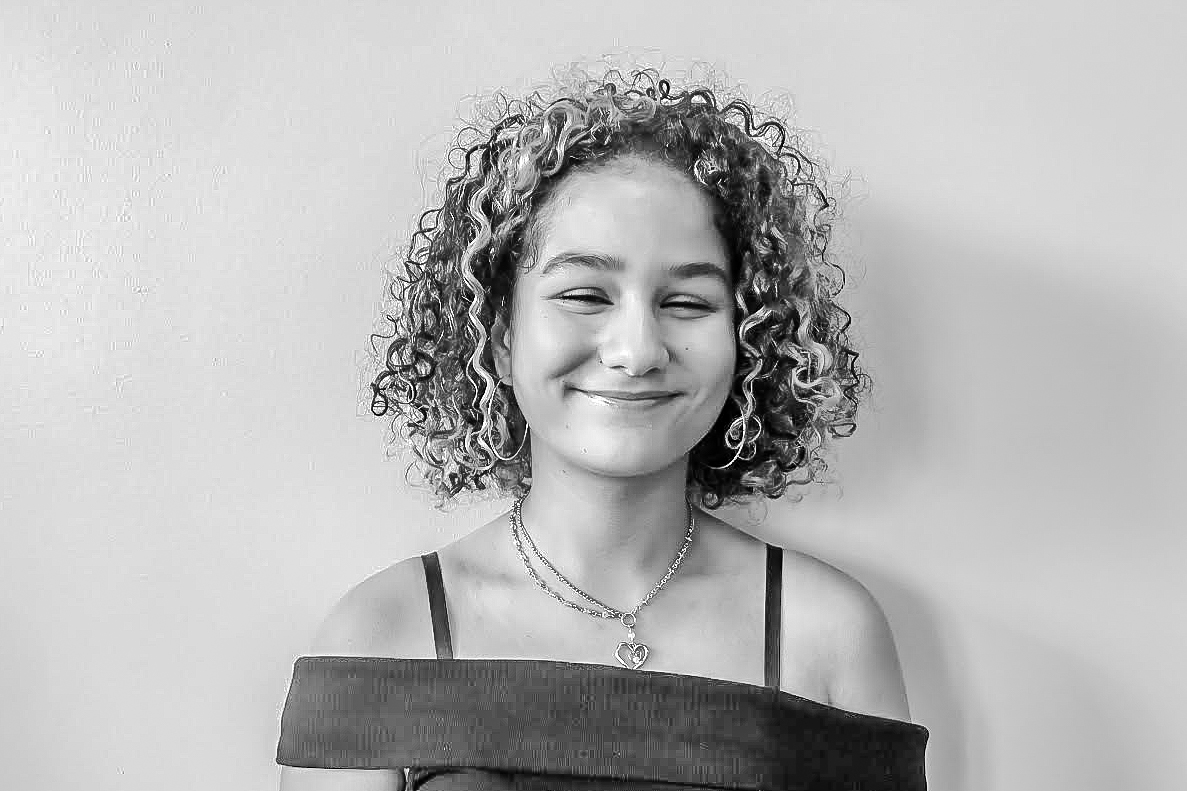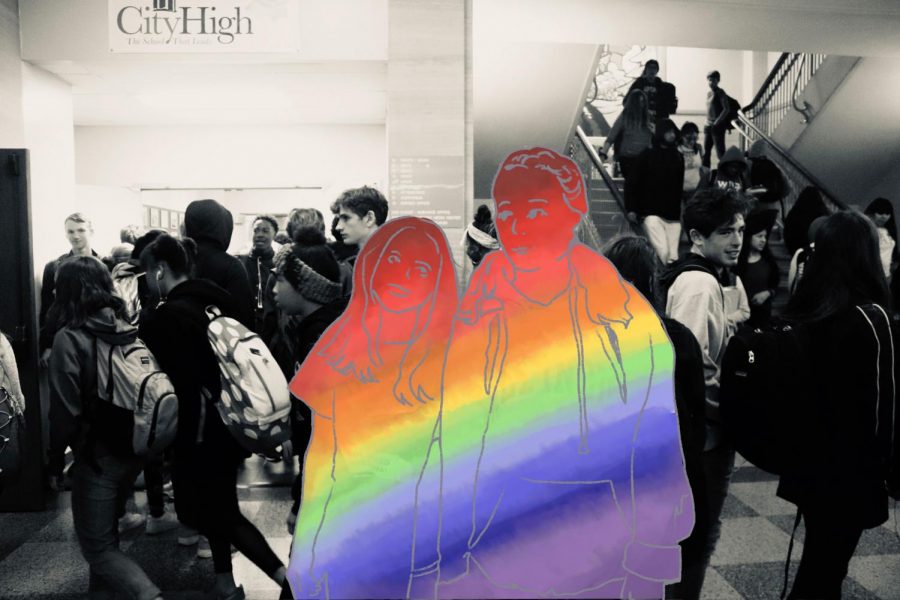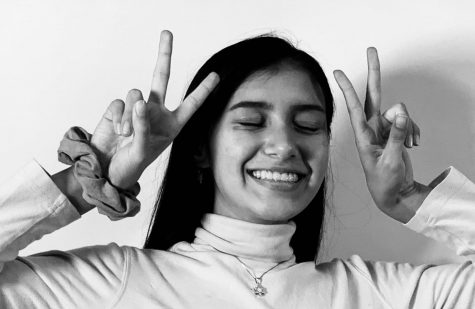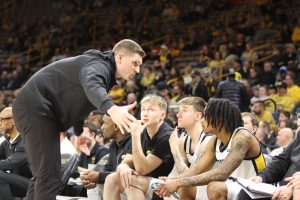Staff Editorial: Dating in High School is Hard. Being Queer Makes it Harder
Haileigh Steffen and Alison Kenaston
Art by Haileigh Steffen and Alison Kenaston. Dating in high school is always hard, but the experience of a queer student is far different than one of a straight student.
November 18, 2019
High school is one of the most important times of our lives. It’s where we truly mature and find who we are. It is a turning point between child and adult. One of the most significant milestones in this process of coming of age is falling in love. High school is where most people have their first relationship—but the experience of queer students in relationships is far different from their straight peers.
“It’s hard because I obviously I want to date but I don’t know who else is queer, who else is into dating girls,” Lily Vanderlinden ‘21 said. “It’s hard because I don’t want to be that girl, that queer girl that asked a straight girl out.”
Before relationships even start, for queer students, seeking them out is a difficult process. Even with the progress made, many students are still closeted due to stigma, so finding people to date can be difficult. Furthermore, there’s the fear of asking out someone who is straight.
“If I were to ask someone out that I thought was gay but actually wasn’t, I feel like I’d be so so embarrassed,” Vanderlinden said. “But normally what happens is I’m too much of a chicken, so I don’t do anything.”
For Lizzi Ayers ‘20, she wasn’t sure if her first girlfriend was simply being friendly, or if she had feelings for her.
“It was just a whole lot of mess. There’s just another layer of no one knows what they’re doing,” Ayers said.
Further complicating matters, it’s hard to find a dating pool when some of the students themselves are unsure of their sexuality.
“I think there’s just an added level of anxiety because there’s the normal, it’s your first few relationships and you don’t know what you’re doing,” Ayers said.
Not only does the lack of knowledge of who is queer complicate dating for LGBTQ students, but being closeted makes everything much harder.
“I never know if people suspect me [being bi] or not. If there were a girl who were interested in me, I wouldn’t know whether she would think that we could be in a relationship or something because I’m not out,” Alyssa*, a closeted student, said. “I feel like sometimes you can tell, sometimes you really just don’t know unless you are told.”
For some, the fear of ‘outing’ their partner can change the way the relationship itself functions.
“It was really hard because I didn’t know if it was appropriate to show PDA, hold hands or hug at school or in public because I didn’t want to make my ex-girlfriend feel uncomfortable,” Vanderlinden said.
For Alyssa, and many other closeted students, she fears her parents would be unaccepting of her dating a girl.
“It feels like you have to almost work to keep the secret. It’s something that is constantly running through your mind,” Alyssa said.
Even if students are out, there is still stigma surrounding their relationships.
“I remember there were just so many people asking questions like, ‘Oh you’re dating her?’ ‘Oh you’re gay?’ ‘Oh, what’s happening?’ And I just remember being like, ‘Why does this have to be such a big deal?’” Vanderlinden said.
The lack of normalization and education can heighten the stigma. For some, they experience little to no sex education. For others, it simply is a lack of lessons and resources that reflect who they are.
“Even though [gay relationships] are accepted, it’s just not as mainstream, so people notice them much more and you might get more attention for that and potentially get negative attention,” Alyssa said. “You don’t actually see a lot of gay relationships, because it’s a completely different thing to actually be in a relationship with someone. You see heterosexual couples walking around the hallway and [don’t] really think anything of it. I feel like if I were to be in a relationship with a girl, I would feel the stares and feel that…people aren’t necessarily judging me, but thinking about it in a different way, like, ‘Oh, that’s interesting.”
The stigma facing queer high-schoolers is augmented once students start dating. Someone’s sexuality is hard to visualize and has a lack of tangibility until you truly see two people of the same sex holding hands and showing affection.
“I think that, especially in high school, it’s aggravated because everyone’s mixed up and nobody knows quite where they fit in yet. And so all of the tensions are elevated because everybody has to be there, and everybody has to get along,” Ayers said.
With the stigma comes stereotypes.
“In high school, there’s this weird misunderstanding that there’s always a more masculine and a more feminine person in the relationship. That doesn’t really exist, we just like boys,” Ian Allen ‘21 said.
Those stereotypes lead to the fear that many queer students have that their same-sex friends will think they have feelings for them.
“I worry about my friends who are female that I’ve been friends with for a long time and what they might think of me. Or if their behavior might change, if they’d feel uncomfortable around me,” Alyssa said.
Not only is there a fear of what queer students’ friends will think of them, but in the case of bisexual students in heterosexual relationships, there is a fear of being stereotyped and judged by their significant other.
“I wonder if they would like me less perhaps if they knew. If they knew going into the relationship, I wouldn’t be worried, but if it were something that came out during the relationship I would be worried about if they might start acting differently or lose interest or their jealousy increases,” Alyssa said.
While there is a stigma that queer students face when dating in high school, they aren’t alone.
“I would say the biggest advice I have is if someone doesn’t like you for who you are, that’s not your person. And there are tons of gays out there. It’s a really big gay world; just go out, be yourself, and be happy. Don’t try to make other people happy,” Allen said.
Being LGBTQ+ in high school will inevitably have difficulties, and it’s hard to avoid them. Dating can be hard for anyone, regardless of sexual orientation. However, a lack of normalization and education surrounding LGBTQ+ relationships fuels the difficulties for those students. We cannot end by simply tolerating our LGBTQ+ peers. We must accept them and normalize their experiences. The more de-stigmatization and representation we see, the easier it will be for queer students to feel comfortable being in relationships. Queer students should not feel the need to hide their affection for their significant other.






